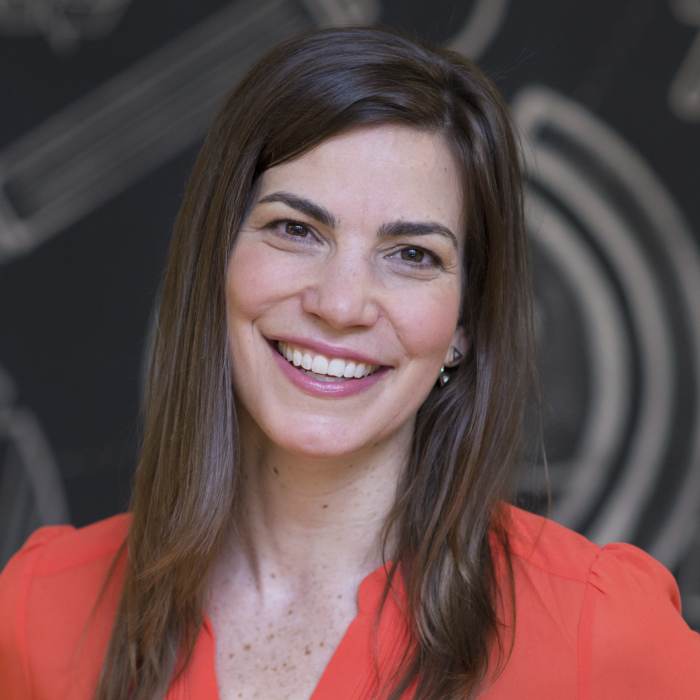Katie Bisbee knows how to use her marketing superpowers for good. As the CMO of DonorsChoose.org, she relies on email to form one-to-one relationships between donors and teachers and help educators get the materials that they need so their students can thrive.
In 2016, the Marketing Hall of Femme honoree shared that of the $90 million DonorsChoose.org was expected to raise that school year, $45 million was expected to come from 450,000 people making website donations — $20 million of which was driven by donors engaging with marketing emails.
Here, Bisbee shares the story of how she got started in marketing and reveals the most important element of her marketing stack.
What led you to a career in marketing? Was it an early decision or a more recent event?
I took a market research statistics class in college, and I was hooked! I loved how you could ask people their opinions, and then summarize, analyze, and use them in a way that would improve their experience with a company or brand. My statistics professor connected me to a job in market research where I worked for three years after college. I still look at marketing from a lens of “user focus” and listening to your customer.
Have you always been a marketer, or did you train for a different role prior to that (and if so, what)?
I’ve been a marketer through and through. I’ve tried different aspects of it — from organizing fundraising events for a nonprofit to starting a customer acquisition business at a digital marketing firm. Now, I am fortunate enough to be able to manage the marketing practice end-to-end at DonorsChoose.org. Marketing means different things to different people. To me, marketing has always meant not just increasing awareness of your brand but [also] building long-term relationships with customers.
If you could pick out one thing you find most challenging about marketing, what would it be?
Hiring and staffing for a growing organization in a marketing landscape that changes at the speed of light. You may hire someone to focus on acquiring customers and then ask them to focus on community engagement a year later. Or, you may hire a technical email marketer and, before she even starts, add digital marketing to her plate. The key is finding team members who are flexible, can learn from both success and failure, have a passion for the customer, and have core marketing skills — like a strength in analytics, storytelling, or rapid experimentation.
How important is it for anyone joining your team today to be comfortable with data-driven marketing?
Whether you write content, build email marketing campaigns, or do graphic design, you must be able to analyze data on my team. We constantly work in a “test and iterate” mode, so everyone needs to be able to measure what strikes a chord with our audience and why.
We use a data visualization tool called Looker to give every staff marketing team member access to pull and analyze information from our database. You’ll often hear me ask in interviews how comfortable applicants are in Excel, which I do as a proxy for their ability — and interest
— in manipulating data.
What’s the single most important component of your marketing stack (by description and/or vendor name)?
Our email marketing stack is the largest and most important part of our marketing stack, as email gives us the ability to connect one-to-one with our teachers and donors. For campaign-based emails, we use the Salesforce Marketing Cloud. For transactional emails, we use SendGrid. We also use ReturnPath for email deliverability and Litmus for email mobile optimization.
If you weren’t a marketer, what would you be?
I would be running a business. I love every aspect of setting goals, aligning a team towards those goals, and figuring out how to hit them.








